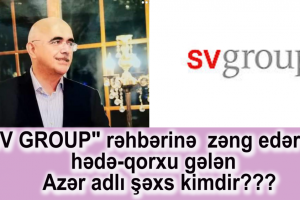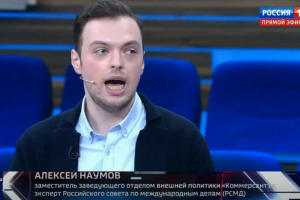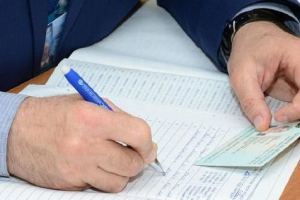


The obvious lack of a strong Russian campaign to sabotage the German elections was a mystery to officials and experts. Did the German defense measures work? Or Russia decided to slow down? Or, perhaps, Moscow is just waiting for its time?
"In 2015, allegedly Russian hackers broke into the computer networks of the German parliament and carried their feet with a data warehouse - 16 gigabytes, which is enough for a million or more emails," Griff Witte in The Washington Post reports. "Since then, German politicians have been nervously monitoring whether the fruits of this break-in have appeared, and whether there will be a shame or scandal after him. Many were wary of waiting in September 2017 - the date of the next German election - as a period that could be used by the Russians to shock the foundations of Western democracy with their intervention again. "
"However, there are still two weeks left before the vote, and the main European enemy of Russian President Vladimir Putin, Chancellor Angela Merkel, seems to be heading for an easy victory, and the stolen e-mails have not materialized," the article reads. - And propaganda networks connected with Russia did not come into the frenzy of disinformation campaigns. Even the bots, which the Kremlin conducts, accused of spreading vicious propaganda of false news during last year's presidential election campaign in the US, keep a suspicious silence. "
"The apparent absence of a strong Russian campaign to sabotage the German elections was a mystery to officials and experts who warned of a possible offensive," the journalist said. - Did the German defense measures that were significantly strengthened from the moment of the mentioned hacking and propaganda campaigns that preceded the voting in the US in November last year worked? Or did Russia decide to slow down, believing that the costs of confronting Merkel outweighed the profits? "
"Or, perhaps, Moscow is just waiting for its time," the author of the article suggests.
"That's what bothers me," says Maximilian Chupersky, director of the Laboratory for Digital Criminological Analysis of the Atlantic Council. "Why are they silent?" There's something wrong here. "
"Much depends on the results of the German elections for Russia. Merkel speaks Russian and dives with Putin all her 12-year-old chancellorship. It is critically important for the chances of the Western alliance to maintain unity amid a concerted Russian campaign to inflict strife in it, the article says. - To the left and to the right of it are the German parties, which advocated a much softer attitude towards Moscow. The extreme right party "Alternative for Germany" (AdG), in particular, takes positions that would please Putin, for example, calls for the abolition of the European Union. "
"Putin claims that his government is not behind attempts to influence elections in the United States and other countries, but insidiously admits that" patriotic "Russians could act on their own," the journalist recalls. "But if Russia hoped to undermine Merkel's position before the September 24 vote, it did not seem to work. Its center-right party remains far ahead of all rivals in all polls, while no more than 10% of voters supported the AdG. "
The author believes that Russian attempts to intervene in the elections in Germany can be found on election day and later. German authorities do not yet announce a victory














